Oil above USD 127 for the first time
Oil prices have hit a record high above USD 127 a barrel on speculation that China will need to import more fuel, stretching global supplies.
Friday, 16.05.2008.
15:19

Oil prices have hit a record high above USD 127 a barrel on speculation that China will need to import more fuel, stretching global supplies. With more energy needed to rebuild areas devastated by the earthquake earlier this week, U.S. light sweet crude jumped to USD 127.43 a barrel. Oil above USD 127 for the first time Prices were also supported by Goldman Sachs forecasting that oil would reach USD 141 a barrel later this year. London Brent crude also climbed, touching USD 125.82 a barrel. "Tight supply conditions continue to be the primary catalyst for higher crude prices," Goldman Sachs analysts said. Pressure on Opec Prices have risen by about 25 percent since the beginning of the year, lifted by geopolitical worries and the weakening U.S. dollar, which makes oil cheaper for foreign buyers. At the same time demand from fast-growing Asian economies, notably China, has exacerbated price pressures. The latest price rises come as U.S. President George W Bush flies into Saudi Arabia to urge the kingdom to pump more crude and help bring prices down. The U.S. has already agreed to help protect Saudi Arabia's oil infrastructure from terrorists and help it develop environmentally cleaner energy options. But so far, oil cartel Opec, of which Saudi Arabia is a key member, has refused to increase production, insisting that the price rises have been driven by speculators and not real demand problems.
Oil above USD 127 for the first time
Prices were also supported by Goldman Sachs forecasting that oil would reach USD 141 a barrel later this year.London Brent crude also climbed, touching USD 125.82 a barrel.
"Tight supply conditions continue to be the primary catalyst for higher crude prices," Goldman Sachs analysts said.
Pressure on Opec
Prices have risen by about 25 percent since the beginning of the year, lifted by geopolitical worries and the weakening U.S. dollar, which makes oil cheaper for foreign buyers.At the same time demand from fast-growing Asian economies, notably China, has exacerbated price pressures.
The latest price rises come as U.S. President George W Bush flies into Saudi Arabia to urge the kingdom to pump more crude and help bring prices down.
The U.S. has already agreed to help protect Saudi Arabia's oil infrastructure from terrorists and help it develop environmentally cleaner energy options.
But so far, oil cartel Opec, of which Saudi Arabia is a key member, has refused to increase production, insisting that the price rises have been driven by speculators and not real demand problems.










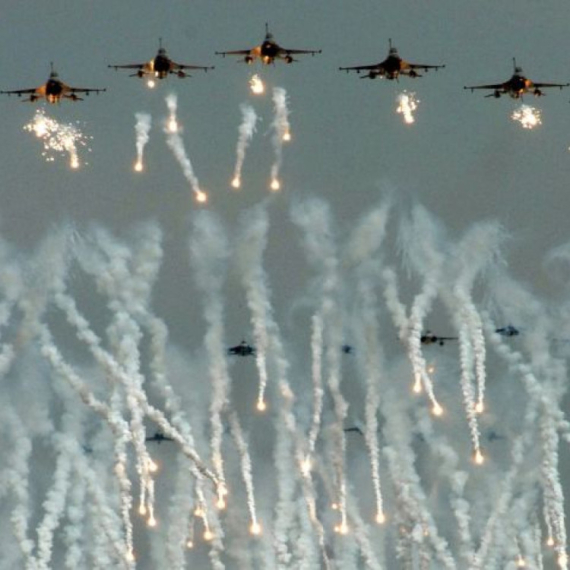


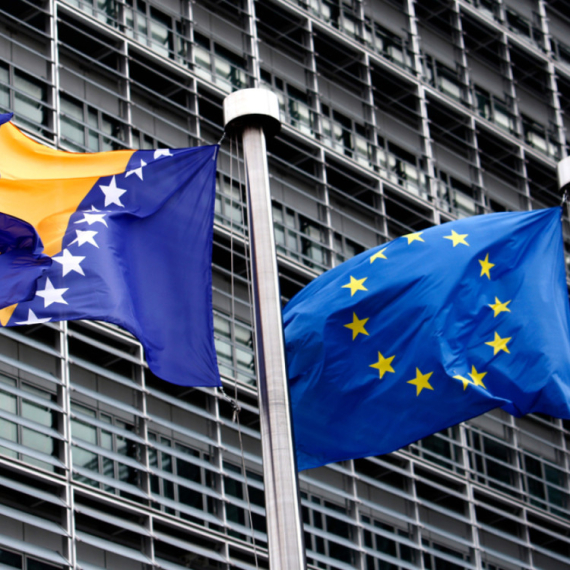


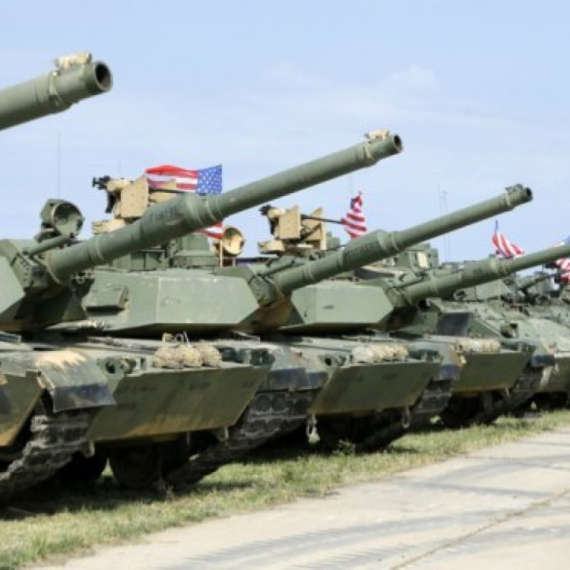




















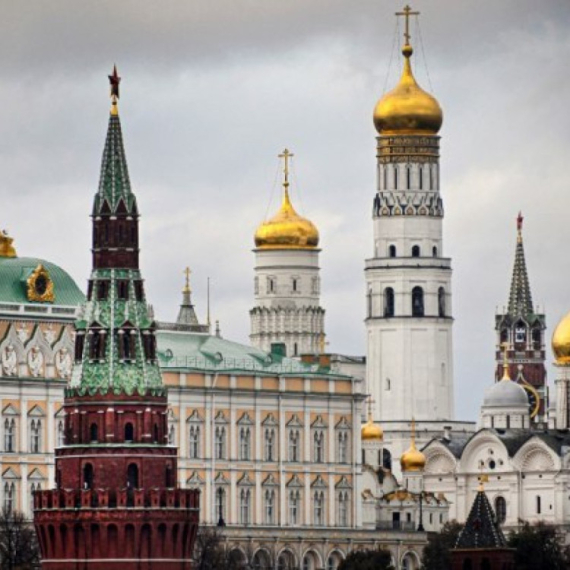

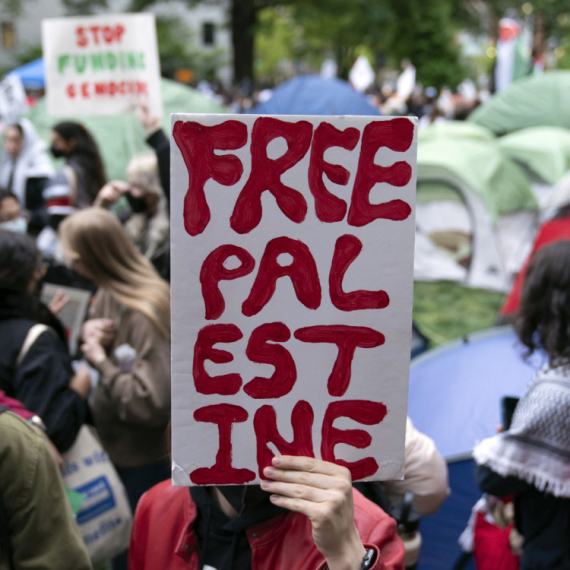


















Komentari 0